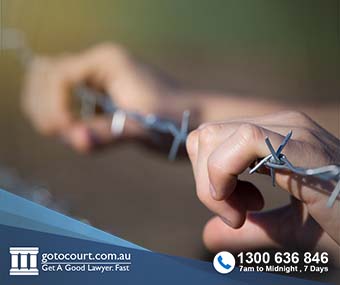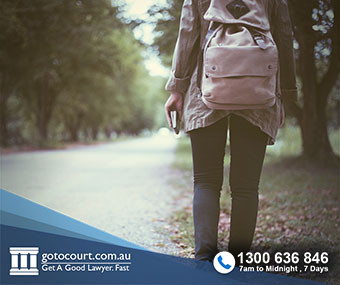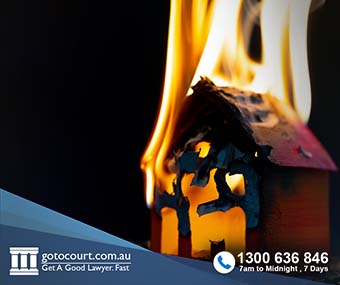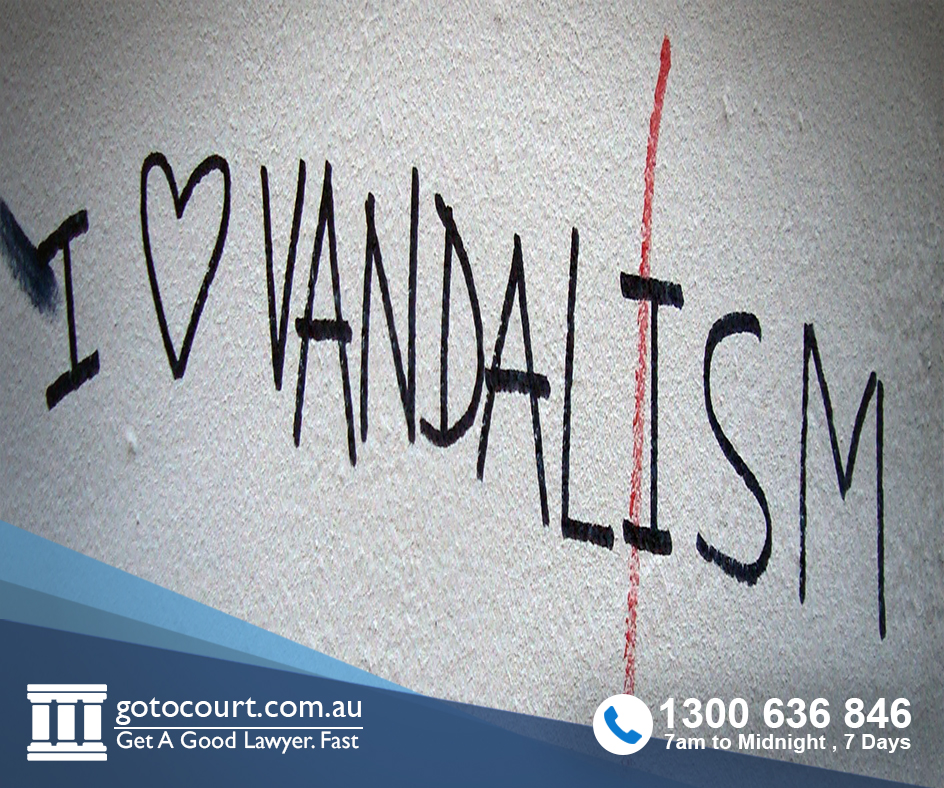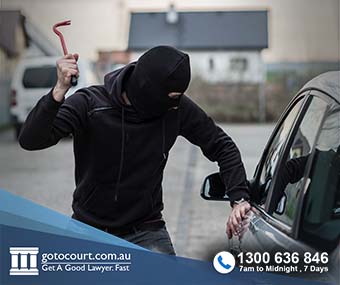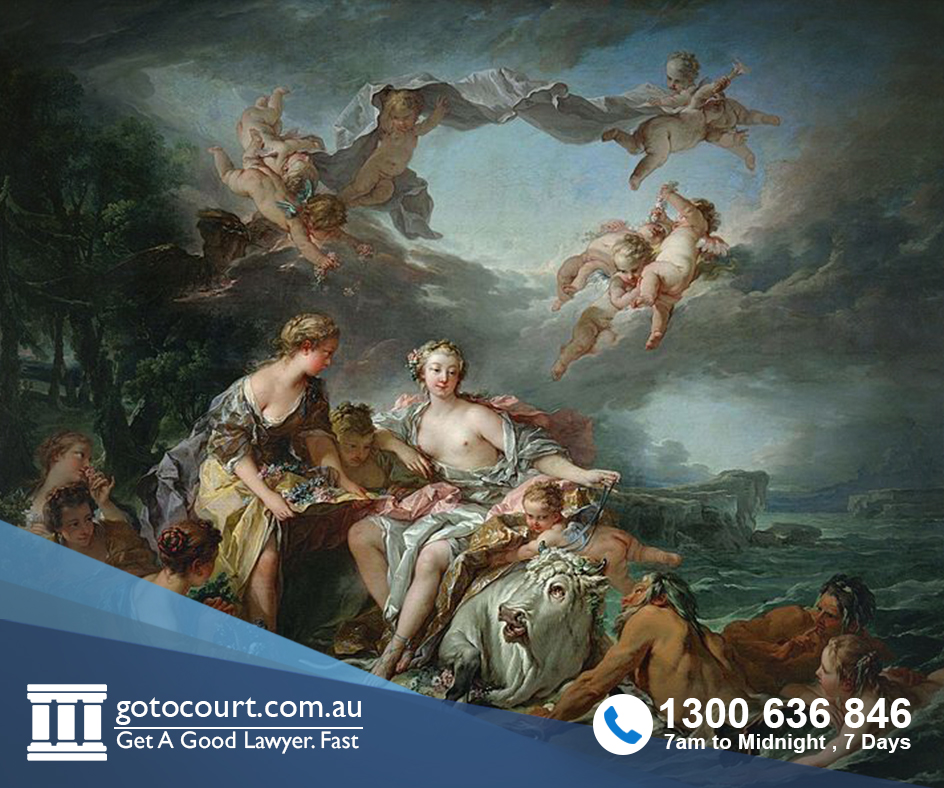Where is Smoking Prohibited? (NT)
Where is Smoking Prohibited? (NT)
Increased awareness of the health impacts of smoking has prompted increased regulation. Not only is the sale of tobacco products regulated, but the law also restricts where and when an individual can smoke. In particular, awareness of the impacts of so-called “passive smoking” has led to strict regulation of smoking that might expose non-smokers to harmful passive smoke. In the Northern Territory, the Tobacco Control Act 2002 and Tobacco Control Regulations 2002 regulate the sale of tobacco products and ban smoking in certain spaces.
Definitions of tobacco product
A tobacco product is anything that has tobacco as the main ingredient, that is intended for human consumption through smoking or chewing. Common examples include cigarettes, cigars and chewing tobacco. Incense and nicotine that are used in accordance with the Medicines, Poisons and Therapeutic Goods Act 2012 are not considered tobacco products. In 2019, the Northern Territory government broadened the definition of controlled tobacco products to include e-cigarettes and related items.
Tobacco legislation in the Northern Territory
The Tobacco Control Act was introduced in 2002 to:
- restrict smoking in workplaces and specific public places;
- regulate the advertising and promotion of tobacco products;
- remove tobacco from store display;
- regulate the operation of premises that sell tobacco products; and
- strictly prohibit the supply and sale of tobacco products to children.
Where is smoking prohibited in the NT?
Smoking is prohibited in many areas in the Northern Territory. There is a particular focus on prohibiting smoking in locations where others will be exposed to passive smoke as they go about their daily lives. For instance, to provide a safe passage for people in and out of buildings, smoking is prohibited within two metres of a door or entrance to a building. The list of places where smoking is not allowed also includes:
- enclosed work areas
- educational facilities
- outdoor public venues and pedestrian malls
- foodservice and eating and drinking areas
- public transport waiting areas
- national parks
- under 18 sporting events and major sporting facilities
- outdoor and public swimming facilities and patrolled beaches
- children’s play areas and skate parks and
- government precincts and local government spaces
The legislation also focuses on preventing children from being exposed to passive smoke. For instance, it is an offence for a person over 16 to smoke in a motor vehicle if the vehicle is on a public street with a passenger under the age of 16. The maximum penalty is 20 penalty units.
Smoking at work
In addition to the prohibitions established under the Tobacco Control Act, an employer in the Northern Territory can declare that their entire building, outdoor areas, and the car park is smoke-free. This requires an employer to prepare a smoke-free area plan and designate their space as a “voluntary declared area”. A smoke-free plan must identify the smoke-free area and outline staff training to ensure that all employees comply with the plan. An employer needs to display signage to designate a smoke-free area. In that case, smokers must leave the premises or go to designated smoking areas to smoke. Implementing a voluntary declared area is a sensible risk-reduction strategy, as employers who allow workplace smoking may face legal liability if an employee becomes ill because of exposure to passive smoke. An employer should consult with an experienced employment law solicitor for specific advice on their liability if they intend to allow smoking in the workplace.
Licensed premises
The occupier of the premises is legally responsible for maintaining a smoke-free environment. They need to display No Smoking signage in the smoke-free areas, otherwise they are liable for a fine. If a person is found to be smoking in a prohibited area, then both the occupier and the offender may be issued a fine. The occupier can defend themselves from liability if they can demonstrate that they were unaware that someone was smoking.
Tobacco vending machines are not permitted in licensed premises if the liquor licence allows minors on the premises. These types of vending machines can only be installed in designated child-free areas. Licensees face a fine of up to 100 penalty units for breaching this regulation.
Exemptions – licensed premises
The Minister may allow a licensed premise to operate an outdoor smoking area under strict conditions, if they apply for an Outdoor Smoking Area Certificate. Regulation 15B states that the licensee must maintain a smoking management plan accessible to inspectors and patrons. The licensee can only use half of the eating and drinking area as a designated smoking area, and the smoke-free section must be of equal amenity. Entertainment, such as live performances, pool tables and gaming machines, must not be present in the smoking section. The outdoor smoking area must also be clearly marked by signage and have buffers impervious to smoke along the perimeter that are at least 2.1 metres high.
Exemptions – public events
The Minister may declare an exemption from tobacco control rules for a major public event if they receive a compelling application from the event organiser. If granted an exemption, the event organiser must take reasonable measures to minimise the public’s exposure to environmental tobacco smoke. The exemption can specify any conditions that the Minister deems reasonable in the circumstances.
Go To Court Lawyers can help if you have questions about smoking prohibitions in the Northern Territory. Phone 1300 636 846 for assistance with this or any other legal matter.

Affordable Lawyers
Our Go To Court Lawyers will assist you in all areas of law. We specialise in providing legal advice urgently – at the time when you need it most. If you need a lawyer right now, today, we can help you – no matter where you are in Australia.How It Works




1. You speak directly to a lawyer
When you call the Go To Court Legal Hotline, you will be connected directly to a lawyer, every time.

2. Get your legal situation assessed
We determine the best way forward in your legal matter, free of charge. If you want to go ahead and book a face-to-face appointment, we will connect you with a specialist in your local area.

3. We arrange everything as needed
If you want to go ahead and book a fact-to-face appointment, we will connect you with a specialist in your local area no matter where you are and even at very short notice.


